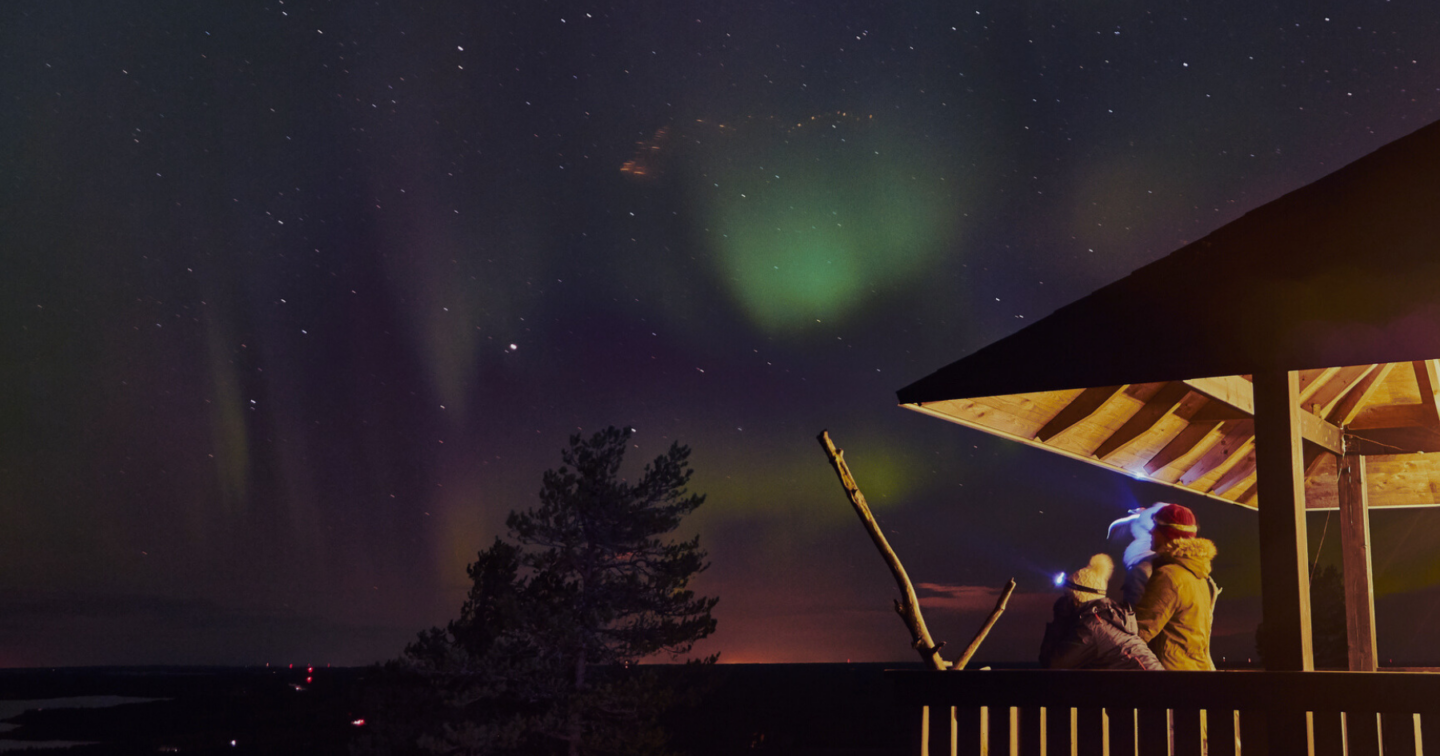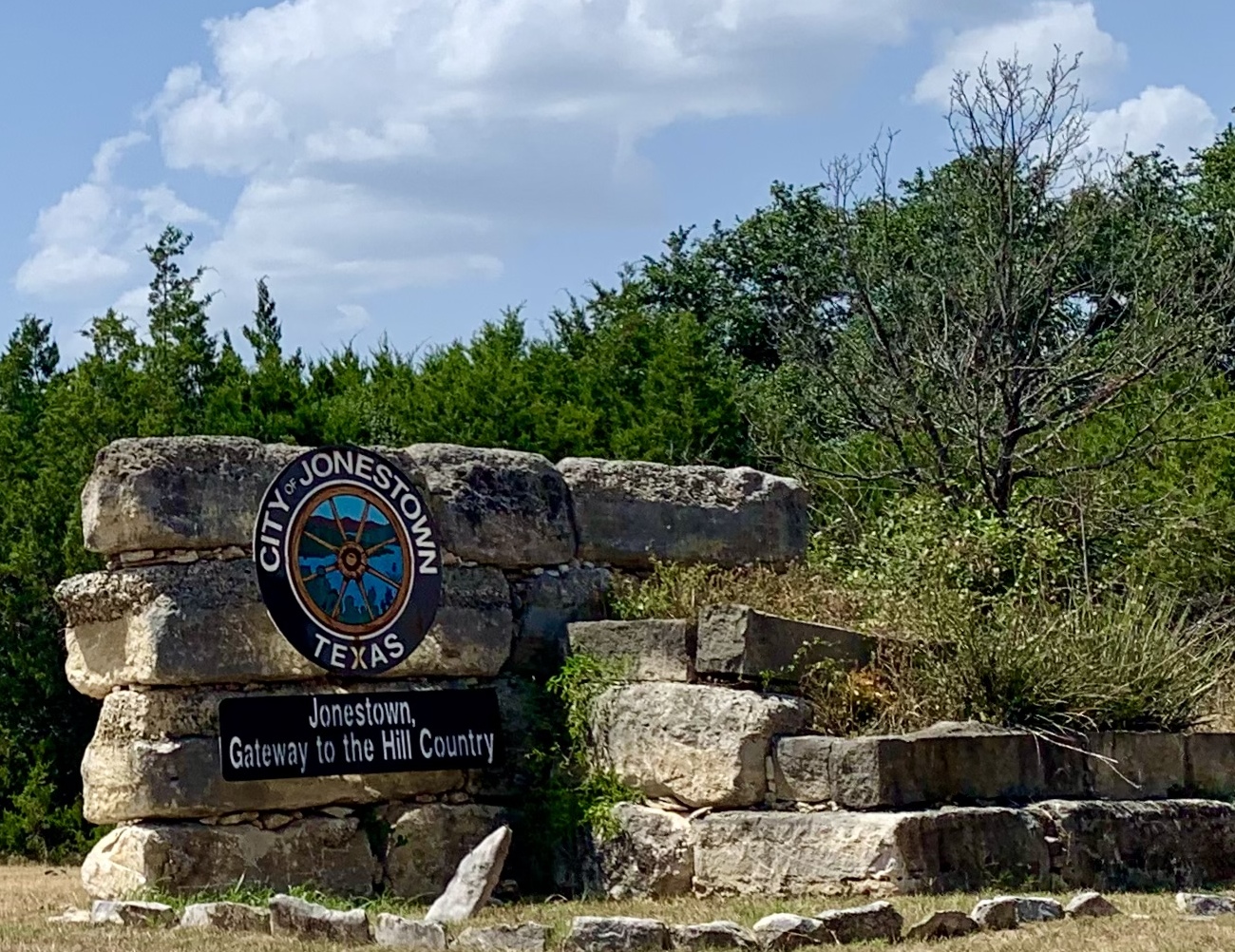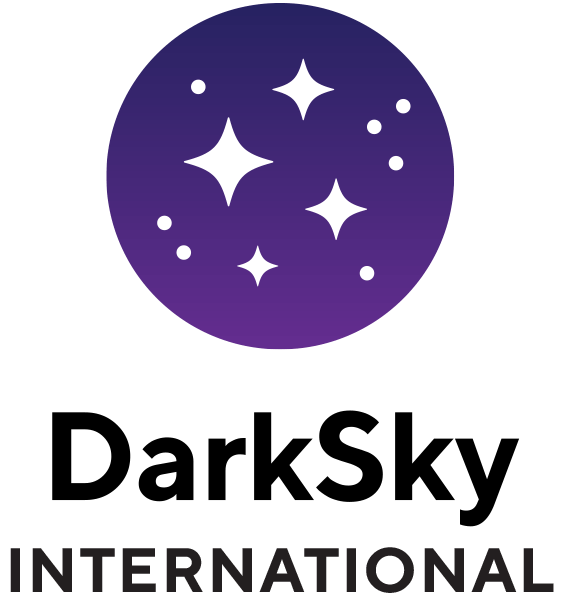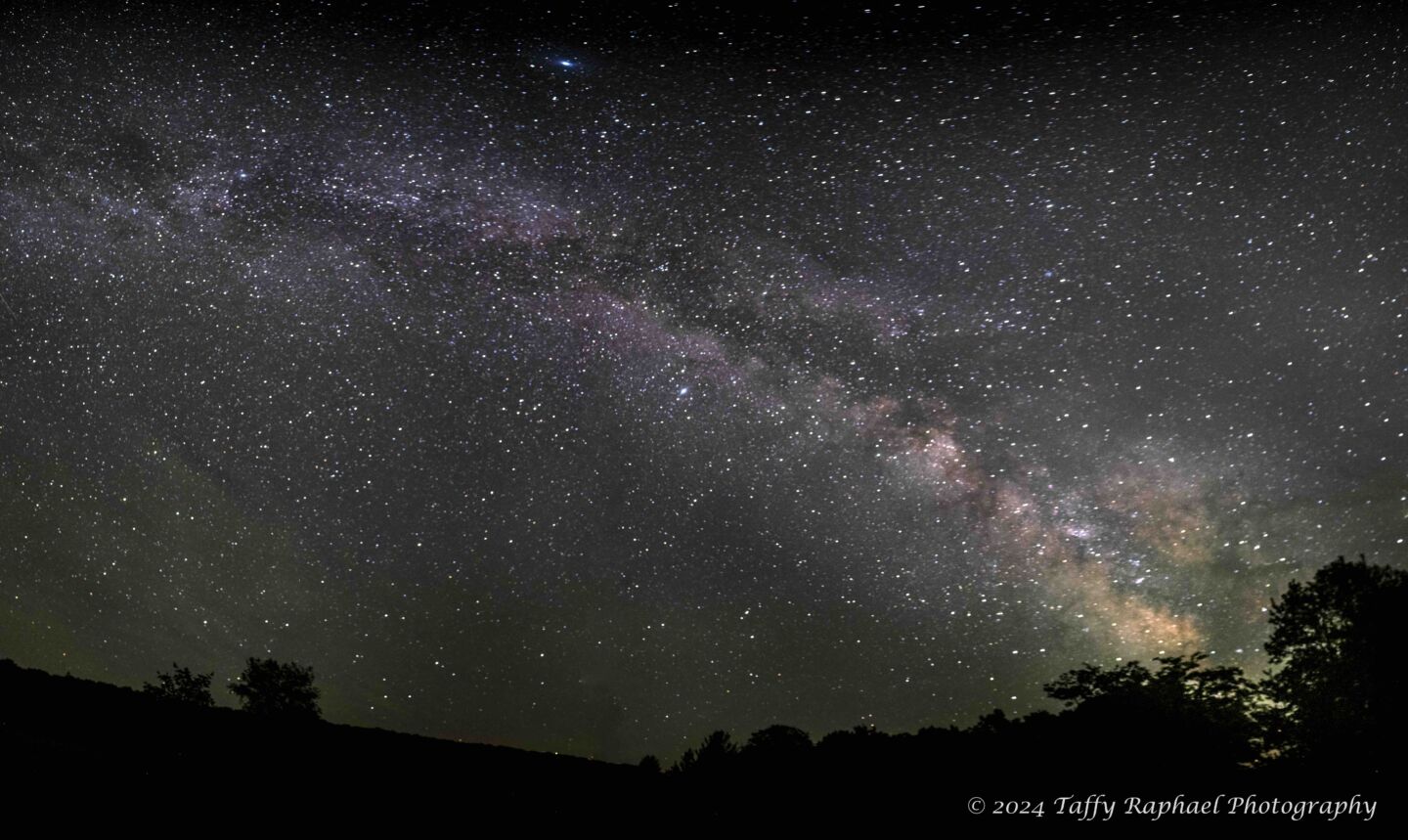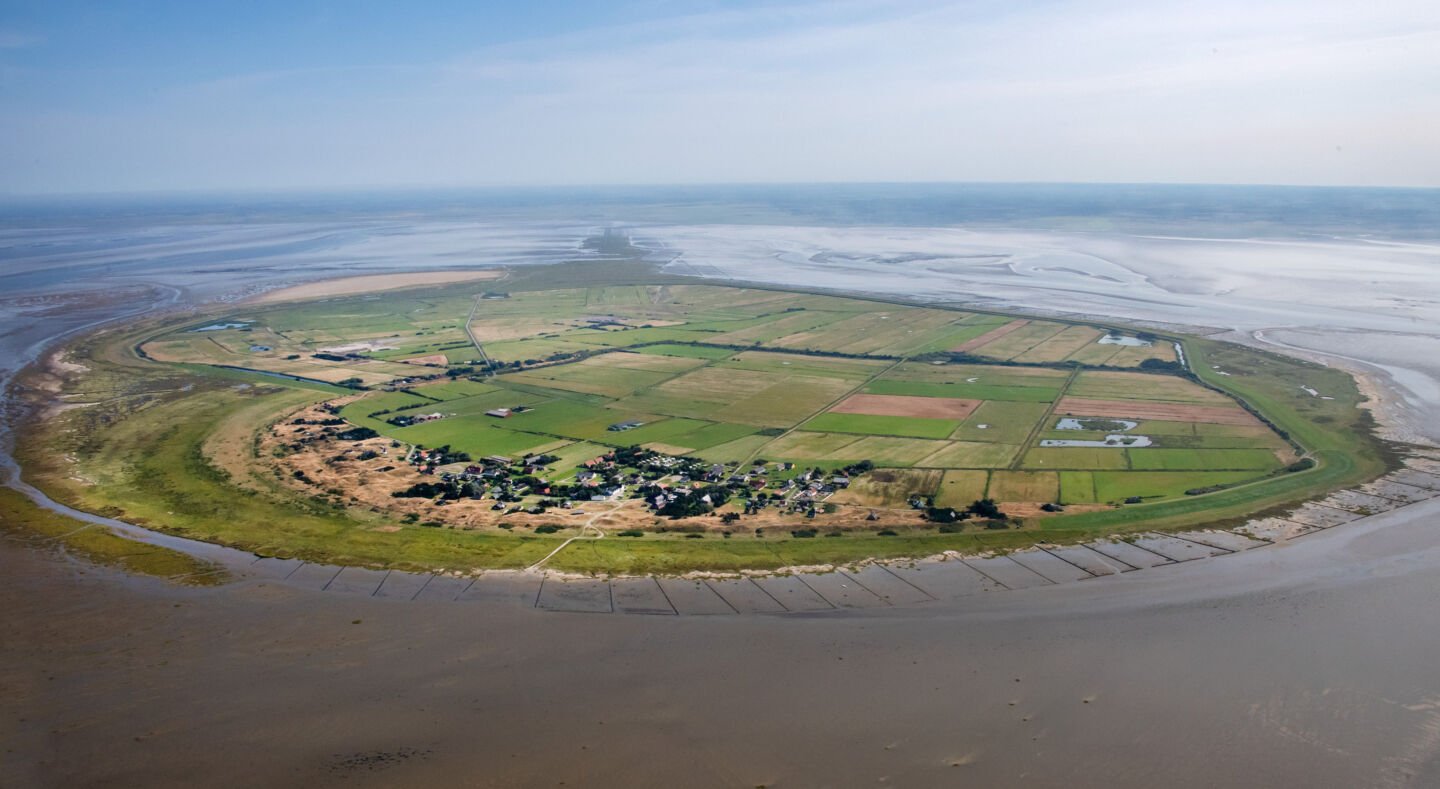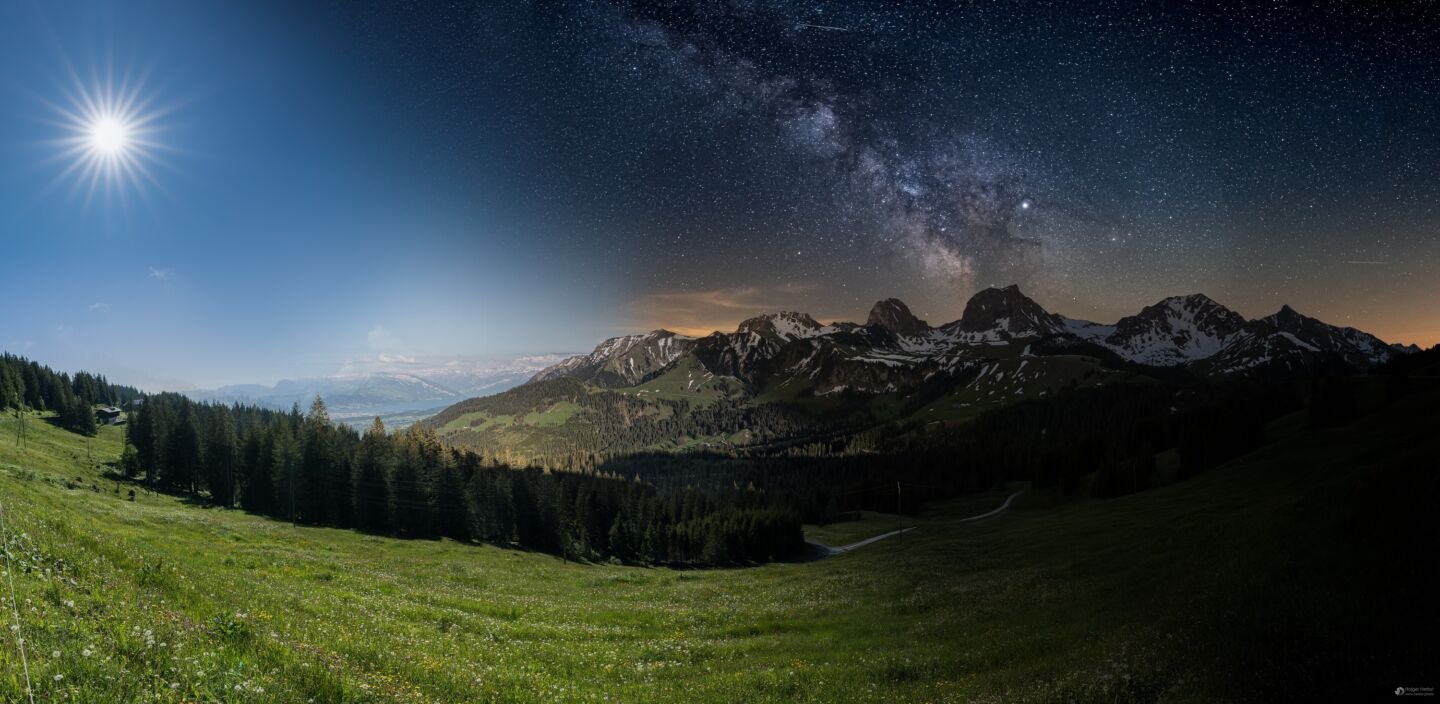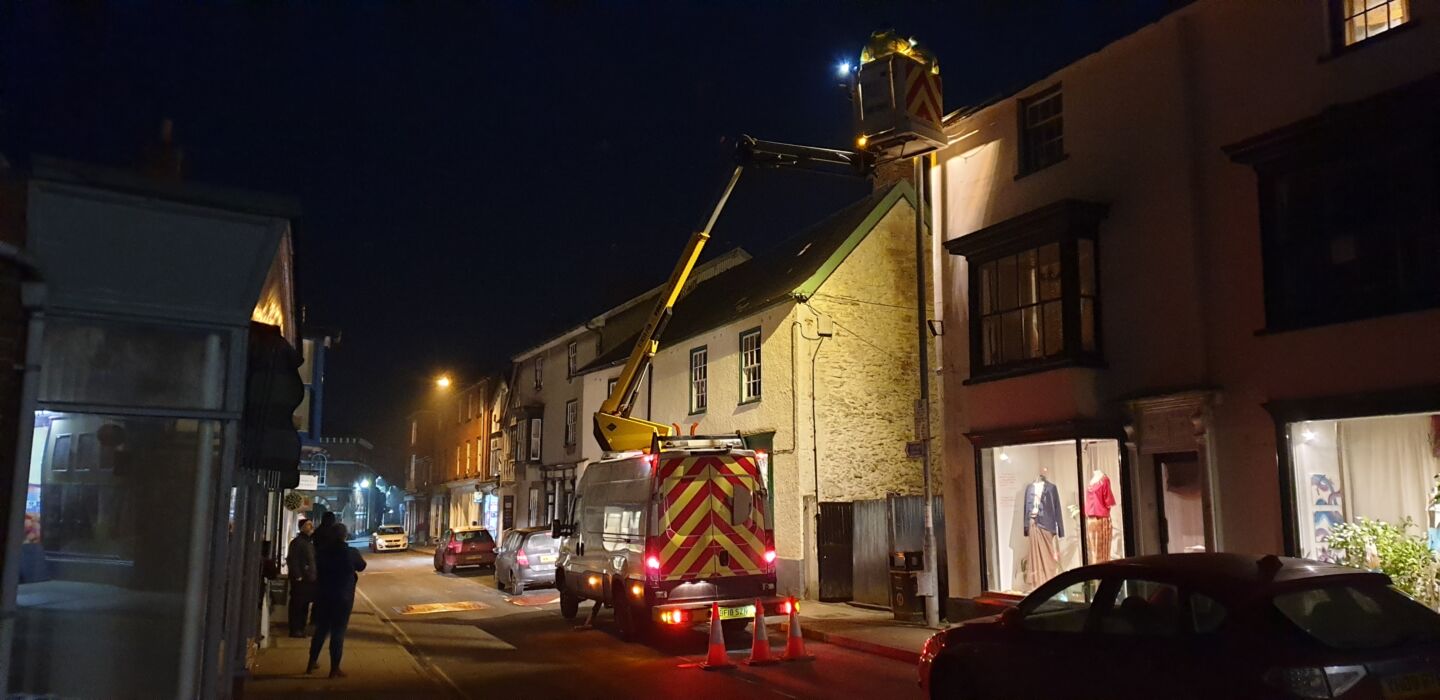
First International Dark Sky Park In New Zealand Accredited
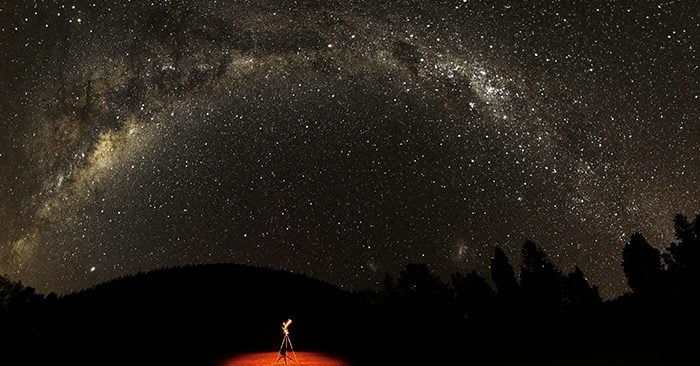
Wai-iti Recreational Reserve and Tunnicliff Forest has been named the first International Dark Sky Park in New Zealand. The newly designated site consists of 135 hectares of Tasman District Council land just south of Wakefield on New Zealand’s South Island.
IDA Executive Director Ruskin Hartley congratulated the Top of the South Dark Sky Committee on the achievement. “It is a testament to the persistence of those involved in this years-long nomination that Wai-Iti is now protected for this and future generations of New Zealanders,” Hartley said.
To celebrate this award, star parties will be held on the evenings of July 11 and 12 at the Wai-iti Recreation Reserve (weather permitting). All are welcome to attend and have a look through telescopes that will be set up in the Reserve. Astronomers will be on hand as star-guides and will explain why it is important to take action to reduce light pollution.
The Top of the South Dark Sky Committee, attached to the Nelson Science Society Astronomy Section, has worked on the application to have Wai-iti officially recognized for the last five years. Tasman District Council Parks & Reserves, Network Tasman and Nelson Forest & Bird have contributed to the success of this project.
“The Wai-iti Dark Sky Park has been established to preserve the area’s pristine night skies, as a place for pure enjoyment of the night sky, as well as for study of the night sky for scientific, artistic and amateur astronomy purposes,” says Ralph Bradley, chairman of the Top of the South Dark Sky Committee.
“This is a small step to preserve the night sky for future generations. It is a place to teach and educate the community about the importance of the natural dark night sky for our own health and well-being and that of plants and animals in our environment.”
To achieve its internationally recognized designation as Wai-iti International Dark Sky Park, it had to be shown that the night sky at the park enjoyed a measurably high quality of darkness. It was also necessary to show the commitment of the local community as represented by the TDC to manage light pollution by agreeing to a Lighting Management Plan for the area.
The IDA has already accredited the Aoraki-Mackenzie International Dark Sky Reserve, the Stewart Island/Rakiura International Dark Sky Sanctuary, and the Aotea/Great Barrier International Dark Sky Sanctuary. Other groups are seeking designations for other locations. There are also on-going discussions as to what it would take for New Zealand to be recognized as a Dark Sky Nation.







